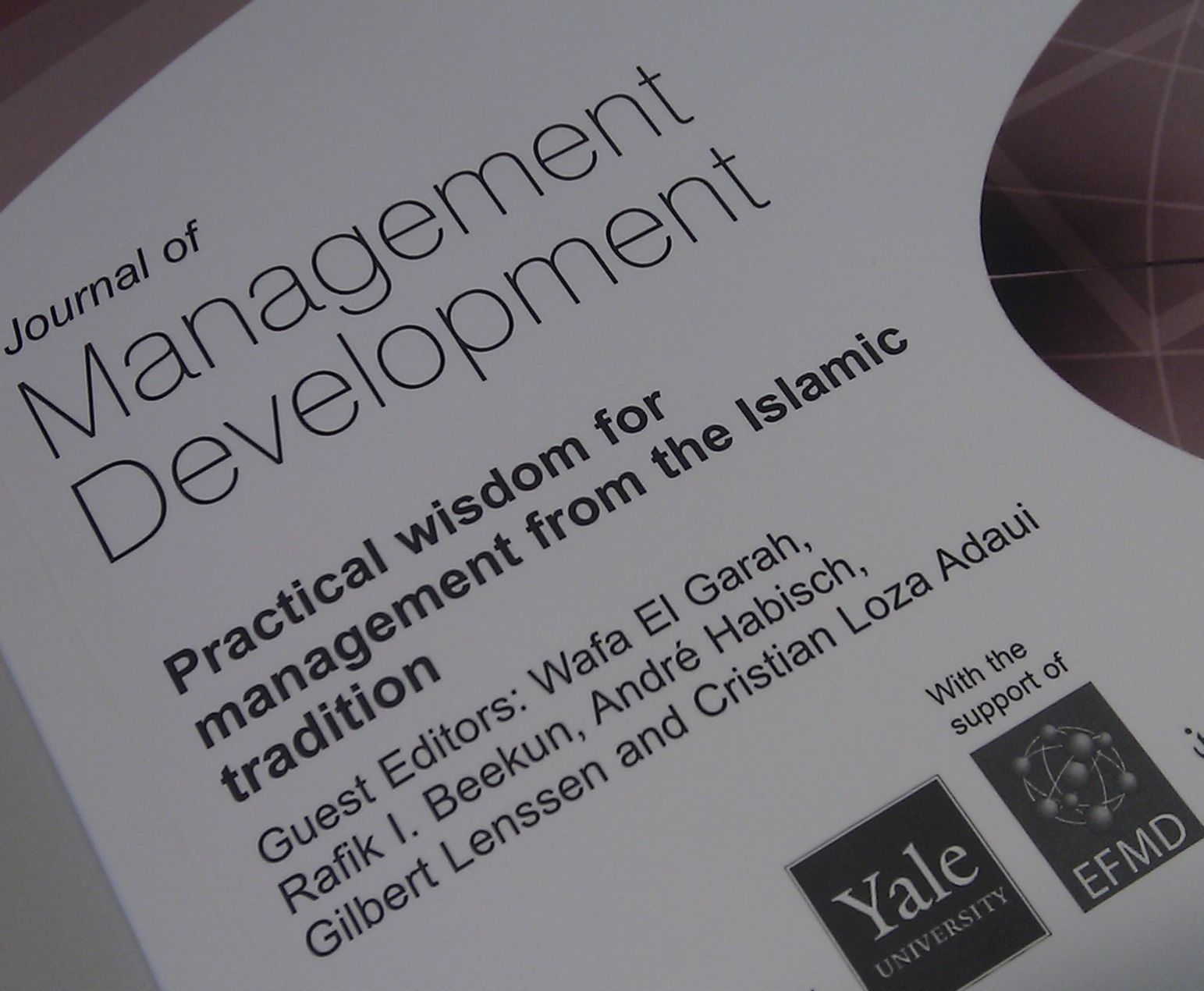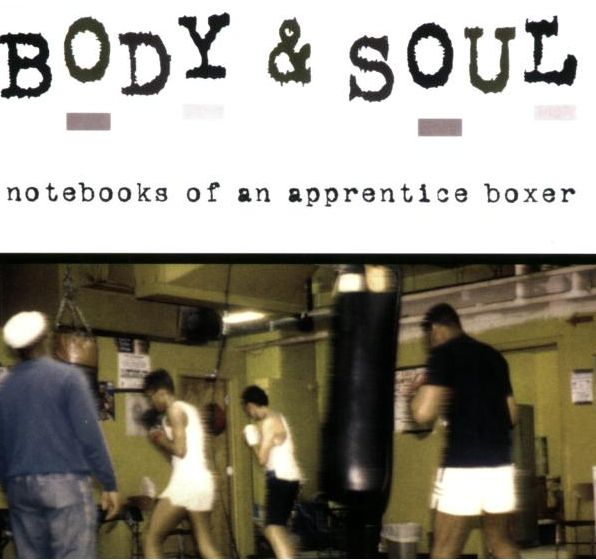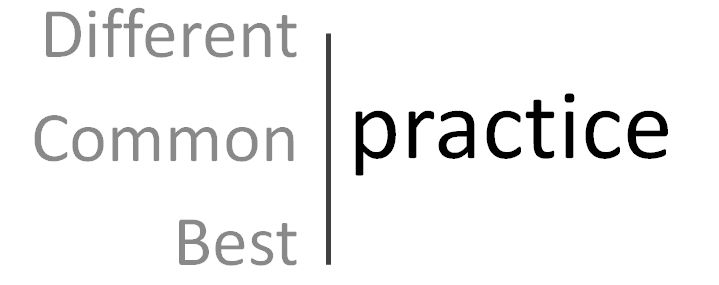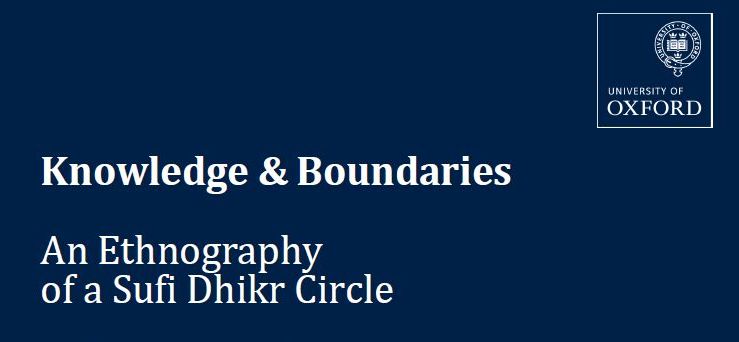Mein Wunsch an Frau Wanka
Liebe Frau Wanka, ihrer Vorgängerin Frau Schavan mag der Doktortitel berechtigterweise zum Verhängnis geworden sein, dennoch ist zu betonen: Ich möchte nicht in einer Gesellschaft leben, dessen Bildungsziel der Bildungsabschluss oder der Bildungstitel ist. Ziel von Bildung sollte eine Art Humboldt’sche Vervollkommnung der Persönlichkeit sein, welche die Gesellschaft nachhaltig prägt. Wir sind Knowmaden und brauchen lebenslange Bildungsabonnements, um kontinuierlich aber zeitlich, örtlich und inhaltlich flexibel lernen und wirken zu können. Denn Bildung von heute ist morgen schon wieder Schnee von gestern. Wir müssen abwägen zwischen gesellschaftlicher Bildungseinheit und individueller Bildungsfreiheit, um so stetigen Wandel zu erlauben und wandelnde Stetigkeit zu erreichen. Liebe Frau Wanka, ich wünsche mir eine Bildungsrenaissance – für eine weise, nachhaltige und wertreiche Bildung.
Der Text erschien am 14.02.2013 auf Zeit Online. Weitere Wünsche

 I have written an article for the forthcoming Special Issue of the Journal of Management Development. The overarching theme of the Special Issue is the Practical Wisdom for Management from the Islamic Tradition. In a former version of the article, I briefly compared my ethnographic experience in a Sufi Dhikr Circle, a mystical Islamic organization, with Wacquant’s experience as a participant-observer of boxing. This section did not make it into the final article. So here it is:
I have written an article for the forthcoming Special Issue of the Journal of Management Development. The overarching theme of the Special Issue is the Practical Wisdom for Management from the Islamic Tradition. In a former version of the article, I briefly compared my ethnographic experience in a Sufi Dhikr Circle, a mystical Islamic organization, with Wacquant’s experience as a participant-observer of boxing. This section did not make it into the final article. So here it is: Ein kurzer Rückblick und Ausblick. Ein paar Gedanken.
Ein kurzer Rückblick und Ausblick. Ein paar Gedanken.





